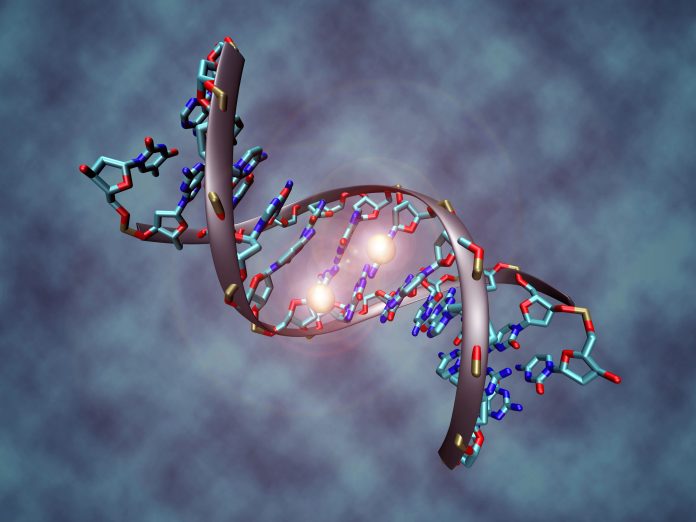
A partnership between researchers in Scotland and Sweden examining the effects of chronic kidney disease has yielded the development of a new epigenetic test that provides the most accurate measure of a patient’s biological aging to date. Reporting their findings in the Journal of Internal Medicine, the team comprising of researchers from the University of Glasgow, Scotland, and the Karolinska Institute, Stockholm, say the test is proven to perform accurately in a clinical setting in both healthy and unhealthy tissue alike.
For their research, the investigators studied more than 400 patients with chronic kidney disease in Sweden with about 100 matched population controls to better to determine the aging impact of kidney disease including during dialysis and kidney transplant. Tests employed for their analysis included identification of biomarkers in the blood, skin autofluorescence and epigenetic clocks. The clocks were used to measure the change in age of kidney disease patients one year after the start of treatment—either transplant or dialysis—then compared them with measurements from 48 controls of healthy tissue.
Not surprisingly, the results showed that patients with kidney disease are experiencing faster biological aging compared with their healthy counterparts and that this acceleration continued even after dialysis. The accelerated biological aging in kidney disease patients was shown to only slow down after kidney transplant.
But this analysis also provided another important finding: none of the epigenetic clocks used in the study could be proven accurate and suitable for use in the clinical setting and all were shown to be inaccurate in different ways when tested in healthy tissue over time.
The investigators then set about developing their own, more accurate epigenetic clock that would work on both healthy and unhealthy tissue. The resulting Glasgow-Karolinska Clock was shown to match what doctors observed in their kidney disease patients while also accurately assessing aging in healthy tissue.
“This study is the first time in a clinical setting that we can accurately report on the extent of biological as opposed to chronological aging in chronic kidney disease patients, said Paul Shiels, lead author of the study and a professor of geroscience at the University of Glasgow. “Our findings, using the new Glasgow-Karolinska Clock, show that not only are these patients aging faster than people in the general population, their accelerated aging only slows down once they have had a transplant. Treatment with dialysis does not appear to impact this process.”
As the body ages, a series of factors lead to epigenetic changes and DNA methylation. This is often associated with a range of disease common to aging, such as chronic kidney disease, cancer, and heart disease. Epigenetic clocks have been proposed as a “gold standard” for measuring age accurately, beyond a person’s biological age, as they are able to measure methylation tags on DNA.
But the Glasgow-Karolinska Clock potentially has broader applications, Shiels noted. Since methylation tagging of DNA is also impacted by diet and the gut microbiome, the new clock could be a valuable tool to evaluate lifestyle interventions that could be used to help prevent disease development as well as address the broad range of health inequities.
“I found the new tool to estimate effects of interventions on biological age of much interest,” added Peter Stenvinkel, co-author and professor of nephrology at Karolinska Institute. “The tool could be used to study treatment strategies in patients with end-stage kidney disease—a group subjected to premature aging.”











